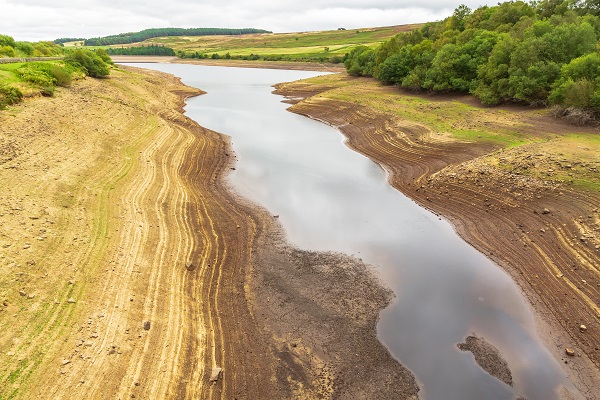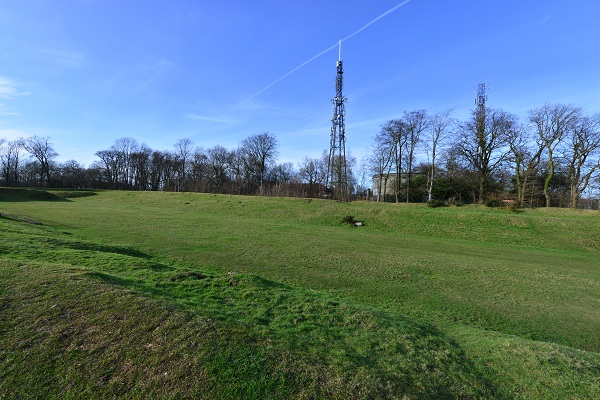Rural homes and businesses hit by mobile ‘not-spots’
Is the lack of mobile coverage in rural areas hampering local business and the growth of the rural economy? Stephanie McMahon, Head of Research at Strutt & Parker, takes a closer look.
Poor coverage – not-spots – could be hitting the rural economy at a time when the country needs all the home-grown business it can get.
What are not spots?
Getting a good mobile signal, as everyone knows, depends on where you are. And while you’ll get some sort of signal in most places, especially near cities and urban centres, there are in fact a large number of places where the coverage is below the expected level.
These ‘not-spots’ or ‘partial not-spots’, according to the British Chambers of Commerce, hit around 70% of the 1,400 businesses surveyed. And when it comes to rural areas, this figure rises to a worryingly high 91%.
Connecting the rural economy
Strutt & Parker’s Housing Futures survey showed that broadband has also become integral to the rural economy from farmers to rural start-ups – a tribe we call the ‘Rusticarians’. These are tech-savvy rural dwellers looking to start up their own business.
The number of registered businesses per head of population is higher in rural areas (430 per 10,000 population in 2015) than in urban areas (excluding London – 360 per 10,000 population), according to Government figures, with around 537,000 rural businesses employing over 3.5 million people – 13% of the total
And it’s not just farming businesses or small cottage industries in rural areas – the second most popular sector for rural business is ‘professional, scientific and technical services’, which rely heavily on the country’s mobile and broadband infrastructure.
Why are ‘not-spots’ an issue?
In a post-Brexit world, it is perhaps even more important that Britain gets to grip with delivering cutting edge broadband to support home grown industries and entrepreneurs as we separate from the EU.
The effect of ‘not-spots’ on the rural economy is threefold.
- Attracting people. ‘Not-spots’ can prevent people moving to rural areas. With house prices in cities rising, the rural economy has benefitted from people and businesses moving to these more affordable areas. But with nearly half (49%) of people considering moving house to access better mobile coverage, ‘not-spots’ could put a halt to any switch to rural life.
- Home workers. A large number of people who move to rural areas are working from home part of the time, while commuting into their more centrally located offices the rest of the time. Without good mobile coverage, it makes working from home for these people a much more difficult task.
- Business relocation. Finally, and perhaps most importantly, businesses looking to relocate from urban centres to the rural heartland could be put off by the lack of mobile connection. Such rural businesses currently contribute around £229 billion to England’s economy, but now face the risk of being stymied by poor infrastructure.
What’s been done to improve ‘not-spots’?
BT has been urged to increase its investment in improving services and boosting broadband speeds in a new report from the House of Commons Culture, Media and Sport Committee, ‘Establishing world-class connectivity throughout the UK.’
The report calls for planning restrictions on mobile phone masts to be relaxed to allow taller masts. Regulator Ofcom also needs to hold providers to the promises they made about coverage in advertising, the report adds.
Ofcom claims that, under its new rules, virtually all UK premises must receive a 4G signal by the end of 2017.
On top of this, the Digital Economy Bill was introduced in the House of Commons in July 2016. It aims to create a universal obligation on internet providers to provide a minimum internet speed –10 megabits per second. At the moment, a million homes (5% of the country), don’t get such speeds, while the countryside is still riddled with mobile black spots.






